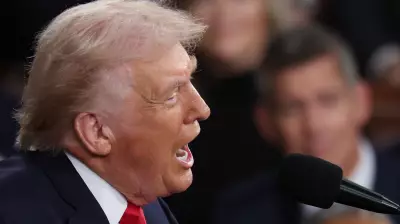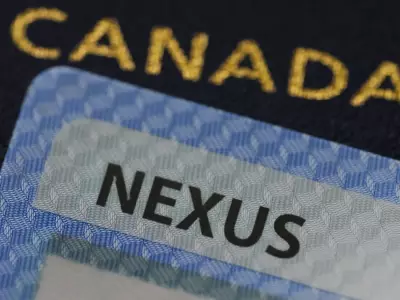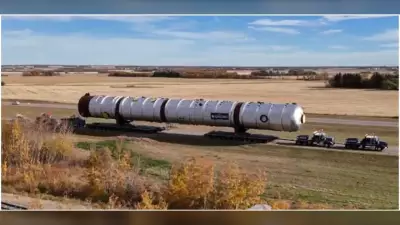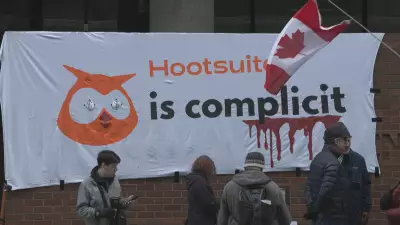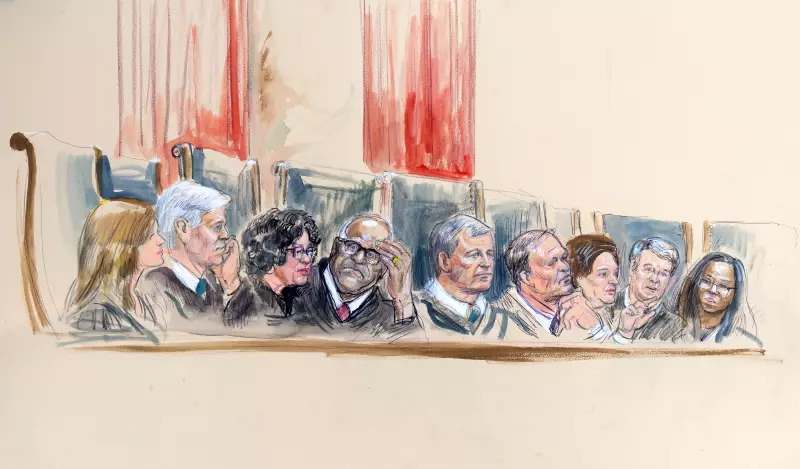
In a remarkable session that saw traditional political alliances blur, conservative justices on the U.S. Supreme Court delivered pointed questions to lawyers defending former President Donald Trump's tariff policies. The hearing revealed deep skepticism from some of the court's most right-leaning members about the legal foundation of the administration's trade approach.
Unlikely Alliances Form During Tense Hearing
The oral arguments created unexpected bedfellows as justices appointed by Republican presidents joined their liberal colleagues in challenging the government's position. The scrutiny focused on whether the administration overstepped its authority in imposing billions of dollars in tariffs on imported goods.
Legal Foundation Questioned
At the heart of the debate was the interpretation of presidential powers regarding international trade. Conservative justices expressed concern about the potential for unlimited executive authority if the administration's interpretation of trade laws was accepted.
Business Community Watches Closely
The outcome of this case carries significant implications for American businesses that have faced increased costs due to the tariff policies. Many companies have struggled with the financial burden of these import taxes, which have affected supply chains and consumer prices.
Broader Implications for Presidential Power
Legal experts suggest the court's decision could establish important precedents regarding the balance of power between the executive and legislative branches on trade matters. The questioning from conservative justices indicates they may be considering these broader constitutional implications beyond the specific tariff policies.
The intense scrutiny from typically administration-friendly justices suggests the legal challenges to Trump's trade policies may find unexpected support across the ideological spectrum. The court's eventual ruling could reshape how future presidents approach international trade agreements and disputes.


